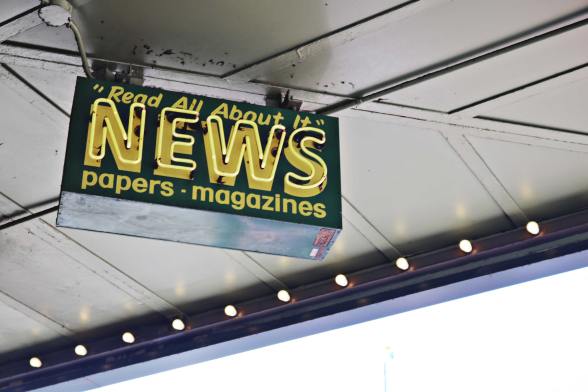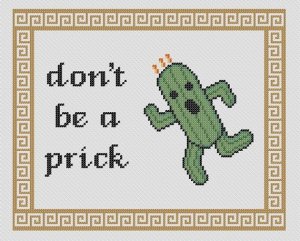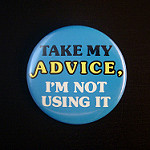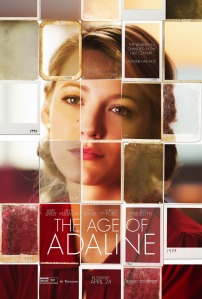It’s Election Day in the USA and even though I’m far away (hah, rhymes) I not only have people I love who are going to be directly affected by the outcome, pretty much the entire world is going to be affected if the US slides further down the poop-filled slide towards fascism, so I’m channelling my anxiety by actually writing a blogpost again (hello!).
Deep breath. Alright, with that out of the way, time for some insight. From Twitter. Yes, I said it. One of the big reasons why Trump even got elected (aside from the Electoral College and two-party systems just always being a bad idea) is due to the media coverage he received versus Clinton. There’s a lot of misogyny that went into it as well, but that’s not relevant this time and yet the mainstream media is still falling into the same traps they have been for the past four-plus years.
I’m on Twitter a lot more than is good for me. On there, I follow some very insightful women, who give better analysis, reporting and news updates than any of the main US newspapers or TV channels. The problem with these media that individual analysts don’t have to reckon with is monetary interests. The dial for large media corporations has shifted over the years from providing news to providing entertainment. And what they assume entertains is wall-to-wall coverage of this dumb thing Trump has said and the (not terrorists cause they’re white) actions of his followers, etc. “both sides” etc.
There’s a newspaper in the UK (where Rupert Murdoch also has a lot of influence on the media, weirdly…) that switched editors a year or so ago. The one leaving was very much about negative news, specifically negative stories about foreigners, claiming that’s what people wanted to read. The next editor took a more balanced approach (though still right-wing) and lo and behold, the readers were not offended they didn’t hear about foreigners and the many reasons to be afraid and hate them all the time any more. In fact, it’s an older story so I’m not entirely sure but I do believe reader figures actually went up.
Just because one side says we want to hear about things to hate, doesn’t mean that’s true. Just because some corporate person insists that people will only keep watching by playing into their negative emotions, that’s not who we have to be as people. In fact, there’s plenty of evidence to the contrary.
Take Hollywood. Films pasted together by executives’ notes are never as good as films with a clear vision. And these executives tend to be quite a bit more conservative than the average movie-goer. “They’ll never go for a film with a female protagonist,” they say, pointing to that one Catwoman film. Then Wonder Woman happens, and Moonlight, and Black Panther. Do you think these executives become more liberal as a result? Of course not. We have to keep pushing them, proving to them that these are the stories we want to see. Better yet would be to push them out completely, of course, but that’s the problem with living in an autocracy – power likes to stick around.
What’s my point with all of this, other than anxiously ranting? Tell the story you want to tell. Report facts, if you’re writing non-fiction. Write from your heart, if you’re writing fiction. Don’t try to write to the market, because the market doesn’t know what it wants until it gets it. Be the creative person the world needs, not the one it deserves. Certainly never be the one the executives tell you to be, because they know even less about what’s going on than the rest of us.
Also, diversify your news sources and think critically about what you’re consuming. Don’t take any one voice as gospel. And stay vigilant, as there are many people all over the world who would happily watch it burn just so they can hold on to their sliver of (imagined) power. It’s up to the rest of us to stop them. Women in Poland are doing it. People in Nigeria and Belarus are doing it. Hopefully the US can do it to, and keep doing it.
Fingers crossed! It’s going to be a long few weeks/months/years before we know the real outcome.






